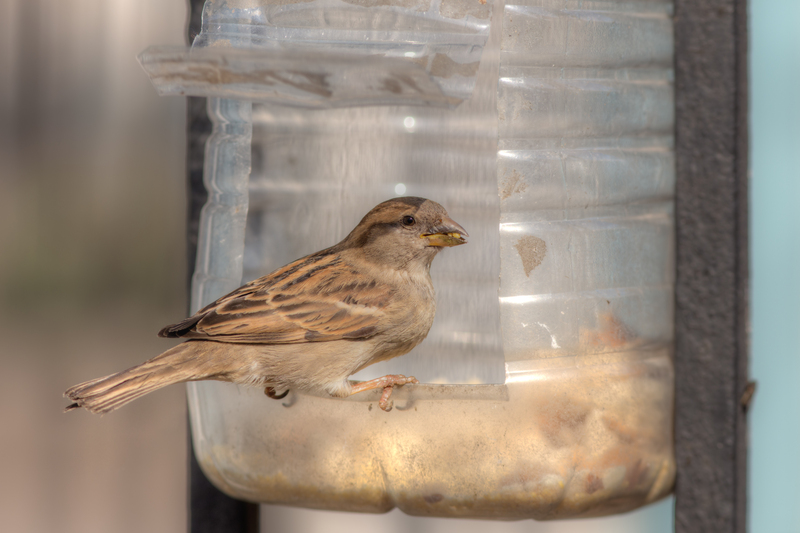
A Comprehensive Guide to Reducing Green Waste Efficiently
Green waste management has become an essential component of sustainable living in today's environmentally conscious world. Reducing green waste efficiently not only saves money but also supports ecological balance and resource conservation. In this guide, we will explore effective strategies to minimize organic waste at home and in communities.
Understanding Green Waste
Green waste, also known as organic waste, consists of biodegradable materials such as grass clippings, leaves, tree branches, and food scraps. These materials are typically generated from gardens, lawns, and kitchen areas.
Why Reducing Green Waste Matters
Reducing green waste is essential due to its environmental and economic impact. Improper disposal of organic waste contributes to landfill overflow and the release of methane, a potent greenhouse gas. Effective management helps convert waste into valuable resources, such as compost and renewable energy, ultimately creating a more sustainable environment.
Strategies for Reducing Green Waste at Home
1. Composting Organic Material
Composting is a natural process that transforms organic materials into nutrient-rich soil. It is one of the most effective methods for reducing green waste.
- Create a Compost Bin: Choose an appropriate location in your backyard or balcony for a compost bin. Ensure it is well-ventilated and easily accessible.
- Segregate Waste: Separate your food scraps, grass clippings, and leaves for composting. Avoid including meat, dairy, and oily foods to prevent odors and pests.
- Maintain the Pile: Regularly turn the compost heap to aerate it, promoting faster decomposition and preventing foul smells.
- Monitor Moisture Levels: Keep the compost moist but not waterlogged; it should feel like a damp sponge.
2. Grasscycling Your Lawn
Grasscycling involves leaving grass clippings on the lawn after mowing, where they decompose naturally and return valuable nutrients to the soil.
- Adjust Mower Blades: Set your mower blades to a higher height to leave clippings short and ensure quick decomposition.
- Mow Regularly: Regular mowing makes grasscycling more effective by preventing excess clippings that could smother your lawn.
- Ensure Dry Conditions: Grasscycle in dry conditions to prevent clumping and ensure efficient decomposition.
3. Vermiculture: The Power of Worms
Vermiculture uses worms, particularly red wigglers, to decompose organic waste. It's an effective small-scale composting method ideal for indoor use.
- Set Up a Worm Bin: Choose a proper container with ventilation and create a bedding of moistened paper or soil.
- Feed the Worms: Add food scraps and organic waste. Avoid acidic foods like citrus peels and onions to maintain a neutral PH.
- Harvest Compost: Once the worm castings accumulate, harvest them to use as potent fertilizer for gardening.
Reducing Green Waste in Your Community
1. Community Composting Programs
Community composting programs allow neighborhoods to collectively manage and reduce organic waste, often resulting in shared benefits of rich compost for communal gardens or green spaces.
- Initiate a Program: Organize community meetings, engage with local authorities, and find suitable locations for setting up composting sites.
- Educate and Involve: Provide resources and training to community members, improving participation rates and ensuring proper composting practices.
2. Municipal Green Waste Collection
Advocate for or participate in municipal green waste collection to ensure waste is efficiently processed rather than sent to landfills.
- Stay Informed: Know the schedule and guidelines for green waste collection in your area.
- Properly Prepare Waste: Align organic waste to the guidelines, which often involve bundling garden debris and using designated bins.
3. Green Waste Reduction Through Education
Effective communication about the importance of reducing green waste can lead to significant community-wide environmental improvements.
- Host Workshops: Organize educational workshops or seminars that focus on waste reduction techniques.
- Utilize Social Media: Share tips, benefits, and updates on community activities via social platforms to reach a broader audience.
Creative Ways to Reuse Green Waste
1. DIY Garden Mulch
Create mulch from leaves and tree bark to suppress weeds, retain moisture, and improve soil fertility in your garden.
2. Create Natural Art and Crafts
Utilize materials like twigs, leaves, and garden trimmings for artistic projects such as wreaths, d?cor, and educational crafts for children.
3. Establish a Wildlife Habitat
Transform areas of your garden with organic waste like logs and stones to create a small wildlife refuge that attracts beneficial insects and birds.
Conclusion
By adopting these strategies, individuals and communities can effectively reduce green waste, enhancing environmental sustainability. Whether you approach it through personal habits or collective efforts, every action contributes to a healthier planet. Through composting, recycling, and education, we can substantially minimize our organic waste footprint, paving the way for greener, more sustainable living.
